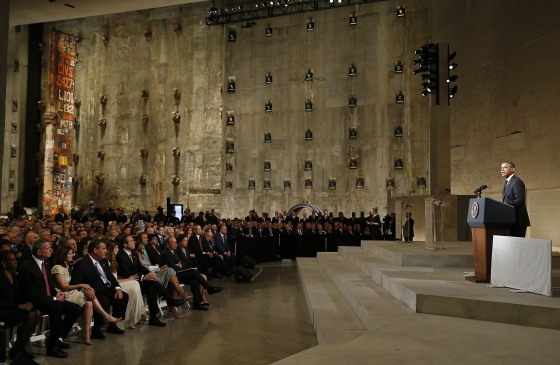The 42nd Year of Okinawa’s Return Marks a Historic Crossroad: Do Not Make the Wrong Choice
Former U.S. Deputy Assistant Secretary of Defense Morton Halperin, who was involved with the negotiations regarding Okinawa’s return to Japanese sovereignty, has pointed out that “in a democratic society, there is a need to balance the wishes of the people with military needs.” However, it seems as though that sentiment is entirely lacking in the Abe administration.
Susumu Inamine, the mayor of Nago, will be visiting the U.S. on May 15, and he will be making an appeal for his distress. What on earth is up with this utterly twisted situation?
In 1994, Noboru Hoshuyama, who at the time was the director of the Defense Facilities Administration Agency, held a press conference in Naha, where he stated that “I would like Okinawa to make a change toward working together and coexisting with military bases.”
Hisahiko Okazaki, former ambassador to Thailand, and the brains behind Prime Minister Abe’s security policies and diplomacy, uttered the following during a conversation with a magazine: “Okinawa is also a crew member on this boat of Japan. It’s near the engine room, we say, and it’s noisy and unfair, but there ought to be some sufficient compensation in that regard.”
It is said that the Liberal Democratic Party’s former Minister of Finance, Fukushiro Nukaga, had expressed to leading members of the defense agency — during his time as their director general — that “I have confirmed the intentions of Okinawa up until this point, and I have promoted policies based on those reflections, but these techniques will not work.”
You could say that the present state of affairs is progressing just as these three have said it would.
Upon returning Okinawa, the U.S. acquired the “free use of military bases” as recompense for restoring political authority to Japan. Presently, what continues to develop is the consolidation of U.S. military bases — prefaced by the prefectural relocation of Futenma Airfield — and the unification of Japan and U.S. militaries.
***
The prefecture has estimated that, according to environmental conservation guidelines, the coastal region of Henoko is ranked number one as a “natural environment to be strictly protected.”
According to the “Strategy for a Biologically Diverse Okinawa,” written in 2013 and based upon the fundamental law of biodiversity, the prefecture has also incorporated into its vision of the future for the northern regions that “The dugong and their habitats will be preserved, and we will be able to see the dugongs swimming there.”
However, if the construction of a base is given priority, with approval for reclamation granted by Governor Hirokazu Nakaima, there is no way they can be expected to maintain the integrity of an environmental conservation policy.
After the incident of a U.S. military HH60 rescue helicopter crashing at Ginoza’s Camp Hansen in August of last year, it took seven months until entry was permitted to the town or prefecture. The Status of Forces Agreement and Security Treaty are being prioritized, and Okinawa is suffering tremendous restraints to its citizens’ right to a peaceful existence and to its own right to local autonomy — both as clearly outlined in the constitution. This is the present state of Okinawa, as it approaches its 42nd year since its return to Japanese sovereignty.
***
On May 15, Prime Minister Abe is planned to announce the government’s position, after receiving a written report including approval for the use of collective defense from a panel discussion of experts that he himself established.
Approval for the right to exercise collective defense, based upon changes in interpretations of the constitution, will mark a great change to Japanese security policies, and it is feared that it will bring about further tensions in East Asia.
Okinawa cannot be made a battlefield once more. We cannot engage in war with China once again. This, in its entirety, is a matter to be prioritized.
What needs to happen is a temporary freeze on the Henoko relocation plan, and that plan needs to be reevaluated while an effort is made simultaneously toward better relations with China.
*Editor’s note: These quotations, accurately translated, could not be verified.

